India, being one of the largest producers of iron and steel globally, holds a significant position in the international market of iron mill scale exports. Iron mill scale refers to the flaky surface of hot-rolled steel, which is formed during the production process. This material is commonly used in various industries, such as steel manufacturing, cement production, and water treatment, due to its high iron content and potential for recycling. In this article, we will delve into the thriving business of iron mill scale exports in India, including the major players, market trends, challenges, and future prospects. Market Landscape: The iron mill scale export market in India is highly competitive, with numerous exporters vying to capture a significant share. Some of the prominent players in this market include Sesa Trading, Shyam Industrial Minerals, Bharti Minerals and Mining, and Deepak Metal Corporation, amongst others. These companies have established strong networks and have built a reputation for delivering quality mill scale to their global customers. Export Destinations: India’s iron mill scale exports are primarily directed to countries such as China, Vietnam, Indonesia, Thailand, and Malaysia. These countries have a high demand for iron mill scale due to their growing industrial sectors and infrastructure development projects. China, in particular, is the largest consumer of iron mill scale globally, as its steel industry is one of the world’s largest. The favorable trade relations and geographical proximity between India and these countries further facilitate the export of mill scale.
iron
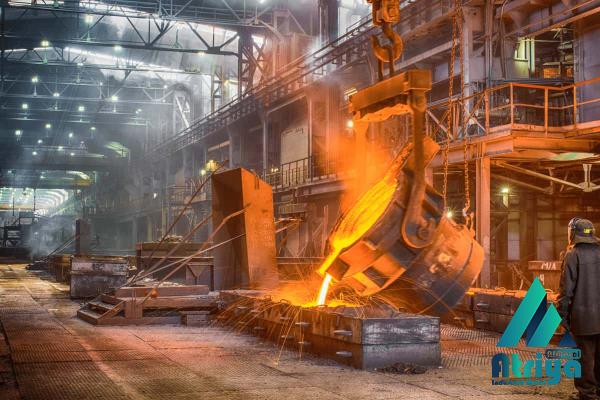 Government Regulations: The Indian government plays a crucial role in regulating and monitoring the iron mill scale export industry. The Directorate General of Foreign Trade (DGFT) and the Ministry of Commerce and Industry oversee the export policies and issue guidelines for the exporters. Exporters must comply with various regulations, including obtaining necessary licenses, adhering to quality standards, and following specific packaging and labeling requirements. Failure to comply with these regulations may result in penalties and a negative impact on the exporter’s reputation. Market Trends: 1. Increasing demand: The demand for iron mill scale is projected to witness steady growth in the coming years due to the expansion of industries like steel manufacturing, cement production, and water treatment. 2. Growing awareness of environmental sustainability: Iron mill scale is considered a waste product in the steel manufacturing process. However, it possesses high iron content, making it an excellent raw material for recycling. The increasing focus on sustainable practices has led to a surge in the recycling and reuse of iron mill scale. 3. Technological advancements: With the advent of advanced technologies, the processing and beneficiation of iron mill scale have become more efficient. Exporters are investing in innovative techniques to improve the quality of the mill scale, making it more appealing to customers.
Government Regulations: The Indian government plays a crucial role in regulating and monitoring the iron mill scale export industry. The Directorate General of Foreign Trade (DGFT) and the Ministry of Commerce and Industry oversee the export policies and issue guidelines for the exporters. Exporters must comply with various regulations, including obtaining necessary licenses, adhering to quality standards, and following specific packaging and labeling requirements. Failure to comply with these regulations may result in penalties and a negative impact on the exporter’s reputation. Market Trends: 1. Increasing demand: The demand for iron mill scale is projected to witness steady growth in the coming years due to the expansion of industries like steel manufacturing, cement production, and water treatment. 2. Growing awareness of environmental sustainability: Iron mill scale is considered a waste product in the steel manufacturing process. However, it possesses high iron content, making it an excellent raw material for recycling. The increasing focus on sustainable practices has led to a surge in the recycling and reuse of iron mill scale. 3. Technological advancements: With the advent of advanced technologies, the processing and beneficiation of iron mill scale have become more efficient. Exporters are investing in innovative techniques to improve the quality of the mill scale, making it more appealing to customers.
Specifications of iron
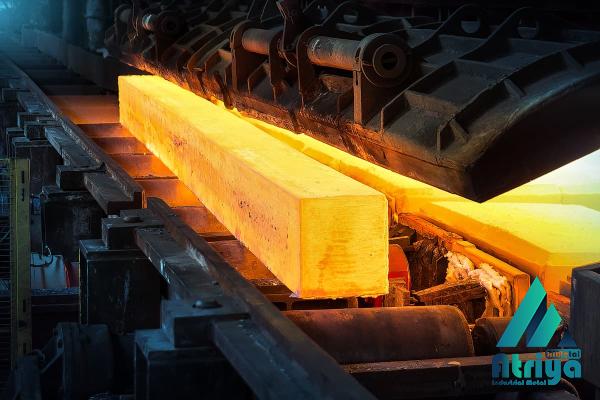 4. Pricing dynamics: The iron mill scale export market is competitive, leading to price fluctuations. Factors such as supply-demand dynamics, transportation costs, and global economic conditions influence the pricing strategy adopted by exporters. Challenges: Exporters in the iron mill scale industry face several challenges that they need to address to maintain their competitive edge: 1. Quality control: Ensuring consistent quality of mill scale is crucial for exporters. Variations in quality can lead to loss of customers and damage the exporter’s reputation. Implementing rigorous quality control measures throughout the production process is essential to meet international standards and customer expectations. 2. Logistics and transportation: Exporting iron mill scale requires efficient logistics management due to its bulky nature. Exporters need to secure reliable transportation partners to ensure timely delivery and minimize the risk of damage to the product during transit. 3. Compliance with international standards: Exporters in India must comply with the quality standards and regulations of the destination countries. Failure to meet these standards can result in rejection of shipments, financial losses, and damage to the exporter’s reputation. 4. Trade barriers: Exporters face challenges such as trade restrictions, tariffs, and fluctuating currency exchange rates, which may impact their competitiveness and profitability. Future Prospects: The future prospects for iron mill scale exports from India remain positive, driven by several factors: 1. Infrastructure development: Ongoing infrastructure projects in various countries provide a significant opportunity for iron mill scale exports. The demand for steel and related products is expected to increase, driving the demand for mill scale as a raw material.
4. Pricing dynamics: The iron mill scale export market is competitive, leading to price fluctuations. Factors such as supply-demand dynamics, transportation costs, and global economic conditions influence the pricing strategy adopted by exporters. Challenges: Exporters in the iron mill scale industry face several challenges that they need to address to maintain their competitive edge: 1. Quality control: Ensuring consistent quality of mill scale is crucial for exporters. Variations in quality can lead to loss of customers and damage the exporter’s reputation. Implementing rigorous quality control measures throughout the production process is essential to meet international standards and customer expectations. 2. Logistics and transportation: Exporting iron mill scale requires efficient logistics management due to its bulky nature. Exporters need to secure reliable transportation partners to ensure timely delivery and minimize the risk of damage to the product during transit. 3. Compliance with international standards: Exporters in India must comply with the quality standards and regulations of the destination countries. Failure to meet these standards can result in rejection of shipments, financial losses, and damage to the exporter’s reputation. 4. Trade barriers: Exporters face challenges such as trade restrictions, tariffs, and fluctuating currency exchange rates, which may impact their competitiveness and profitability. Future Prospects: The future prospects for iron mill scale exports from India remain positive, driven by several factors: 1. Infrastructure development: Ongoing infrastructure projects in various countries provide a significant opportunity for iron mill scale exports. The demand for steel and related products is expected to increase, driving the demand for mill scale as a raw material.
buy iron
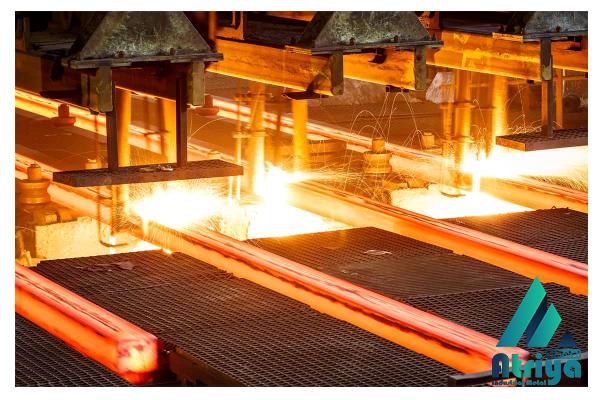 2. Recycling initiatives: The increasing focus on sustainable practices and environmental regulations encourages the recycling and reuse of iron mill scale. Exporters who can offer recycled mill scale with proven quality and consistency are likely to be favored in the market. 3. Technological advancements: Continued investments in research and development by exporters can lead to improved processing techniques, increased product purity, and enhanced customer satisfaction. 4. Government support: The Indian government’s initiatives to promote the ease of doing business and support exporters through various schemes, subsidies, and policy reforms can boost the iron mill scale export industry. Conclusion: India’s iron mill scale export industry is a competitive and dynamic market, driven by increasing demand, growing awareness of sustainable practices, and technological advancements. Exporters need to overcome challenges related to quality control, logistics, compliance, and trade barriers to succeed in the global market. Nonetheless, with favorable market trends and supportive government policies, the future prospects for iron mill scale exports from India are promising. Exporters who adapt to changing market dynamics, invest in innovation, and maintain a focus on customer satisfaction are well-positioned to capitalize on the growing opportunities in this industry.
2. Recycling initiatives: The increasing focus on sustainable practices and environmental regulations encourages the recycling and reuse of iron mill scale. Exporters who can offer recycled mill scale with proven quality and consistency are likely to be favored in the market. 3. Technological advancements: Continued investments in research and development by exporters can lead to improved processing techniques, increased product purity, and enhanced customer satisfaction. 4. Government support: The Indian government’s initiatives to promote the ease of doing business and support exporters through various schemes, subsidies, and policy reforms can boost the iron mill scale export industry. Conclusion: India’s iron mill scale export industry is a competitive and dynamic market, driven by increasing demand, growing awareness of sustainable practices, and technological advancements. Exporters need to overcome challenges related to quality control, logistics, compliance, and trade barriers to succeed in the global market. Nonetheless, with favorable market trends and supportive government policies, the future prospects for iron mill scale exports from India are promising. Exporters who adapt to changing market dynamics, invest in innovation, and maintain a focus on customer satisfaction are well-positioned to capitalize on the growing opportunities in this industry.

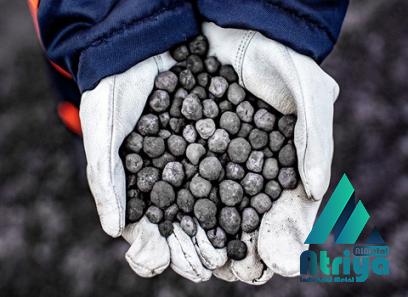
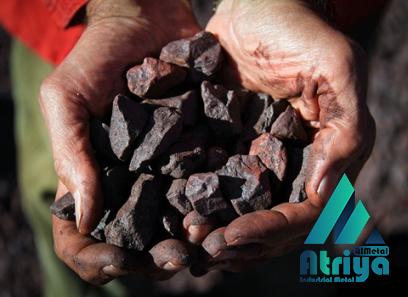
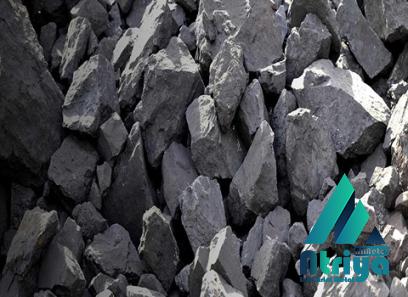
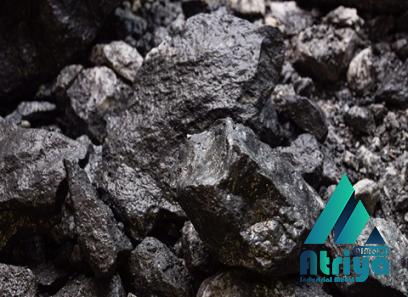
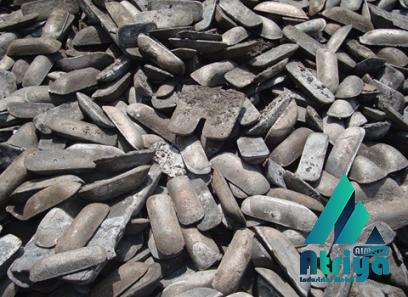
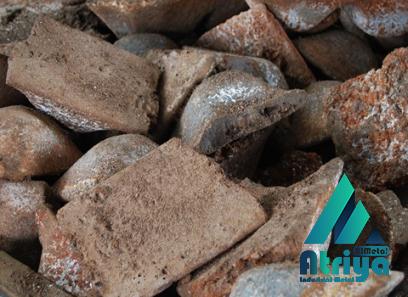
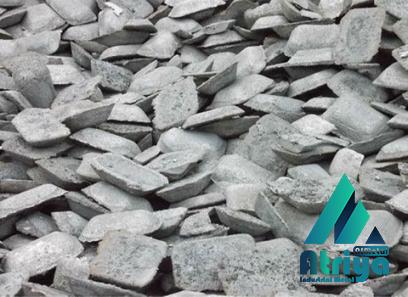
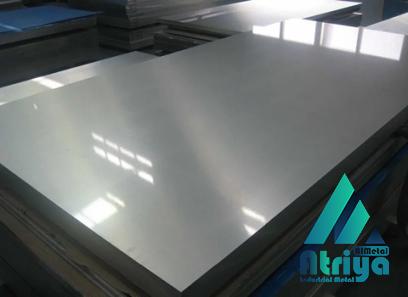

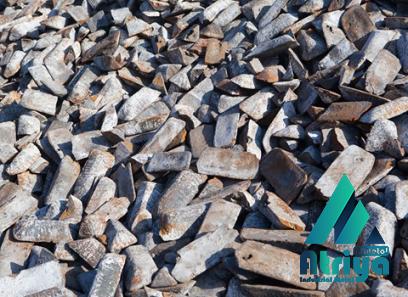
Your comment submitted.